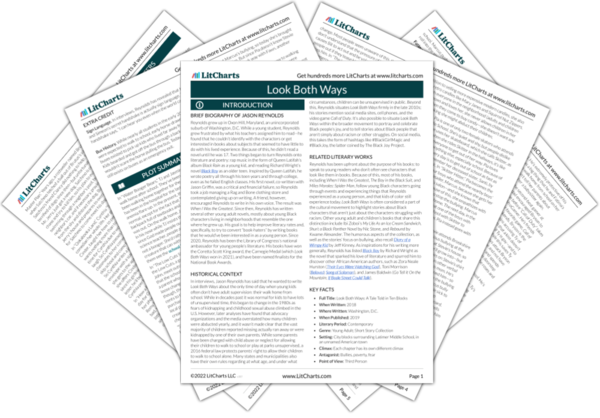At first, Bryson feels like he’s done his job: he deflected attention away from Ty and helped his friend feel better. However, Bryson can’t singlehandedly control the school’s gossip mill, which transforms his bid to help Ty into something that’s going to end up hurting Ty. This shows why Bryson’s parents are proud of him when they tell him goodbye in the morning in the story’s present: they’re proud that he stood up for Ty, even if it meant he got hurt. As the story’s title suggests, Bryson heeded the “call of duty” to defend his friend against homophobic bullying, just as
Call of Duty: World War II asks players to answer the call to fight against Nazis. And again, Slim and his fellow bullies are just trying to make themselves look powerful and dictate what kind of behavior is okay at school.


